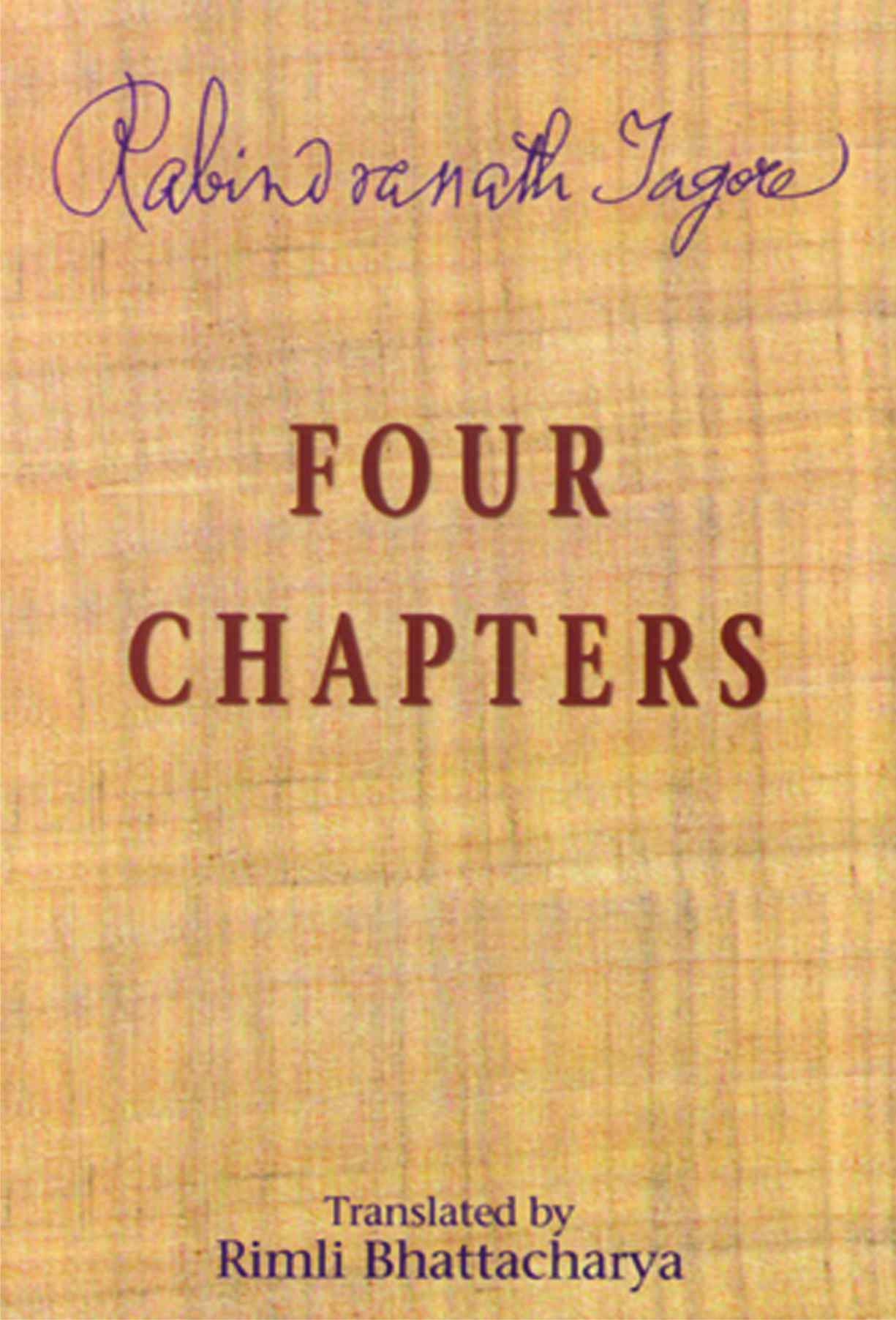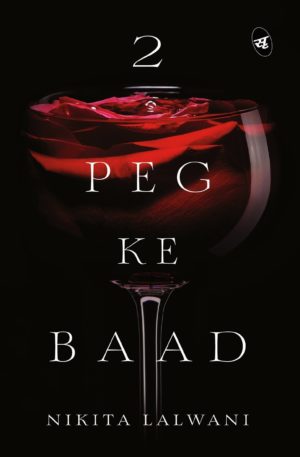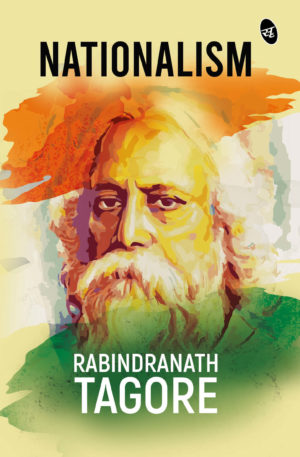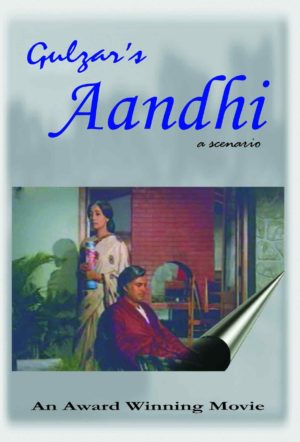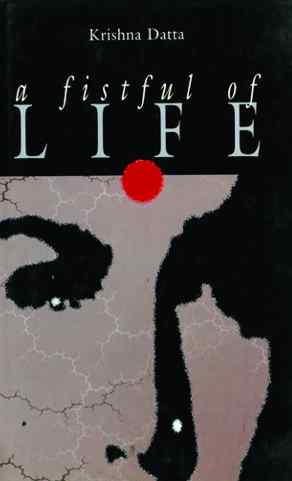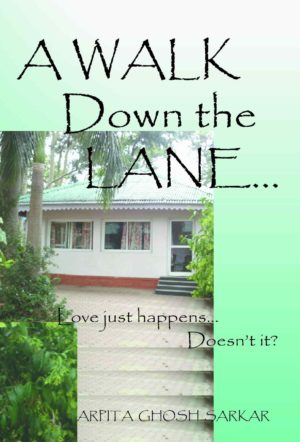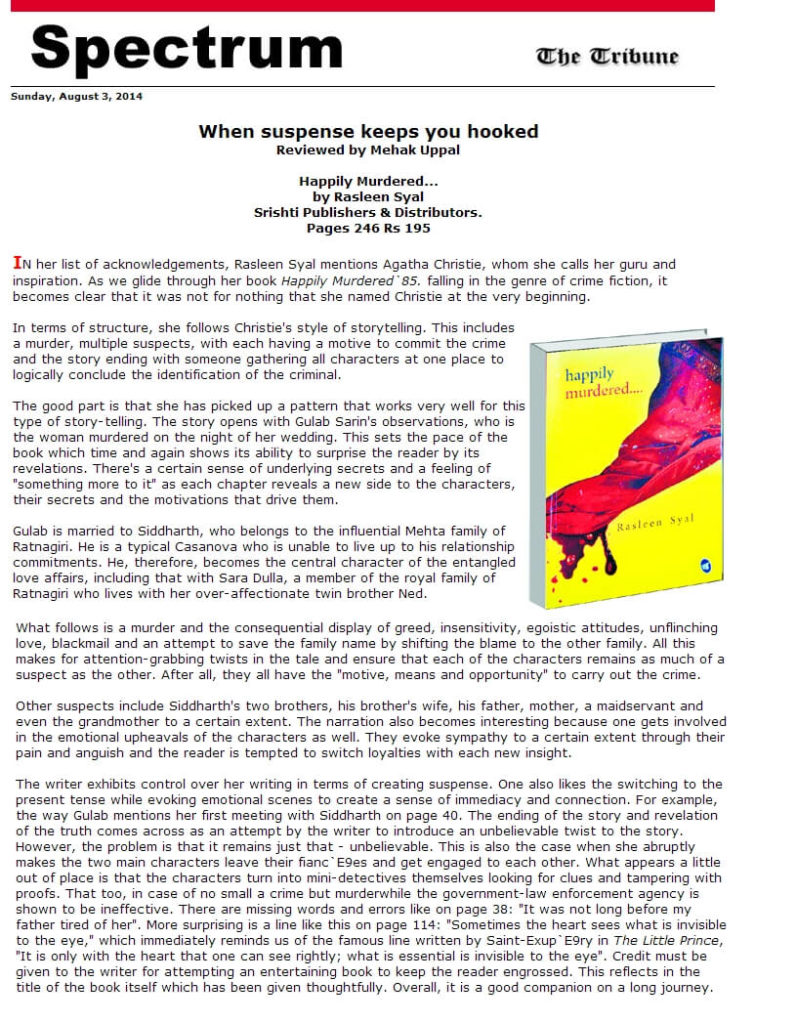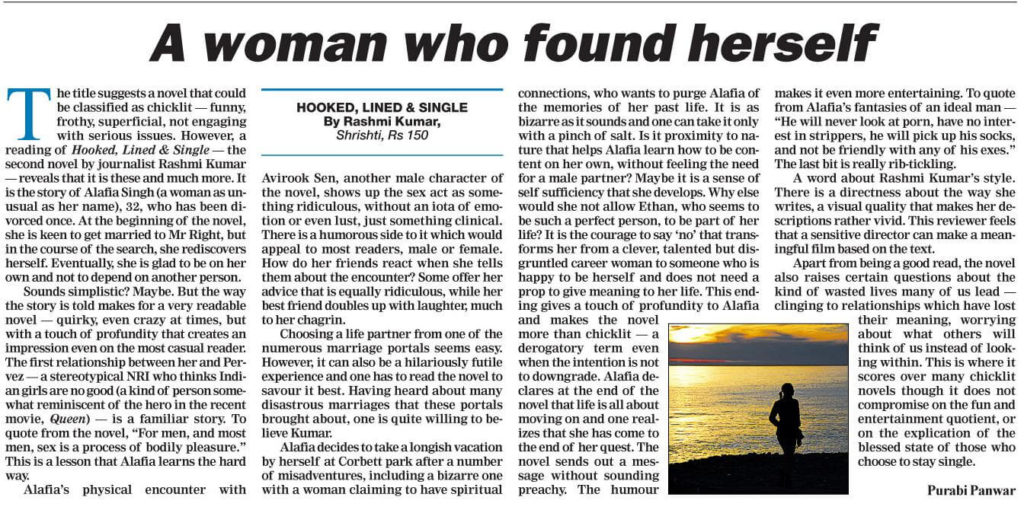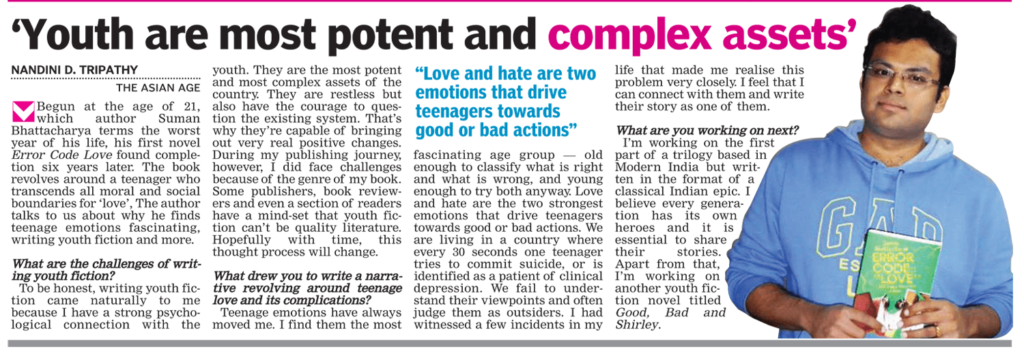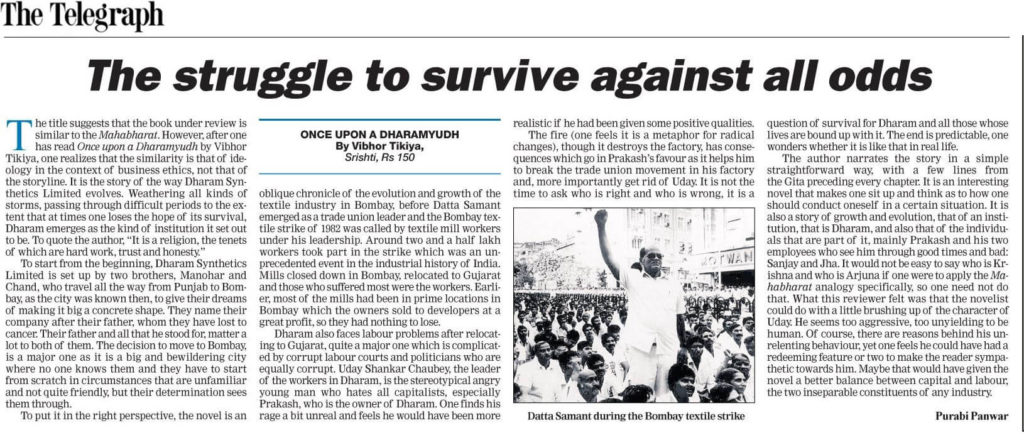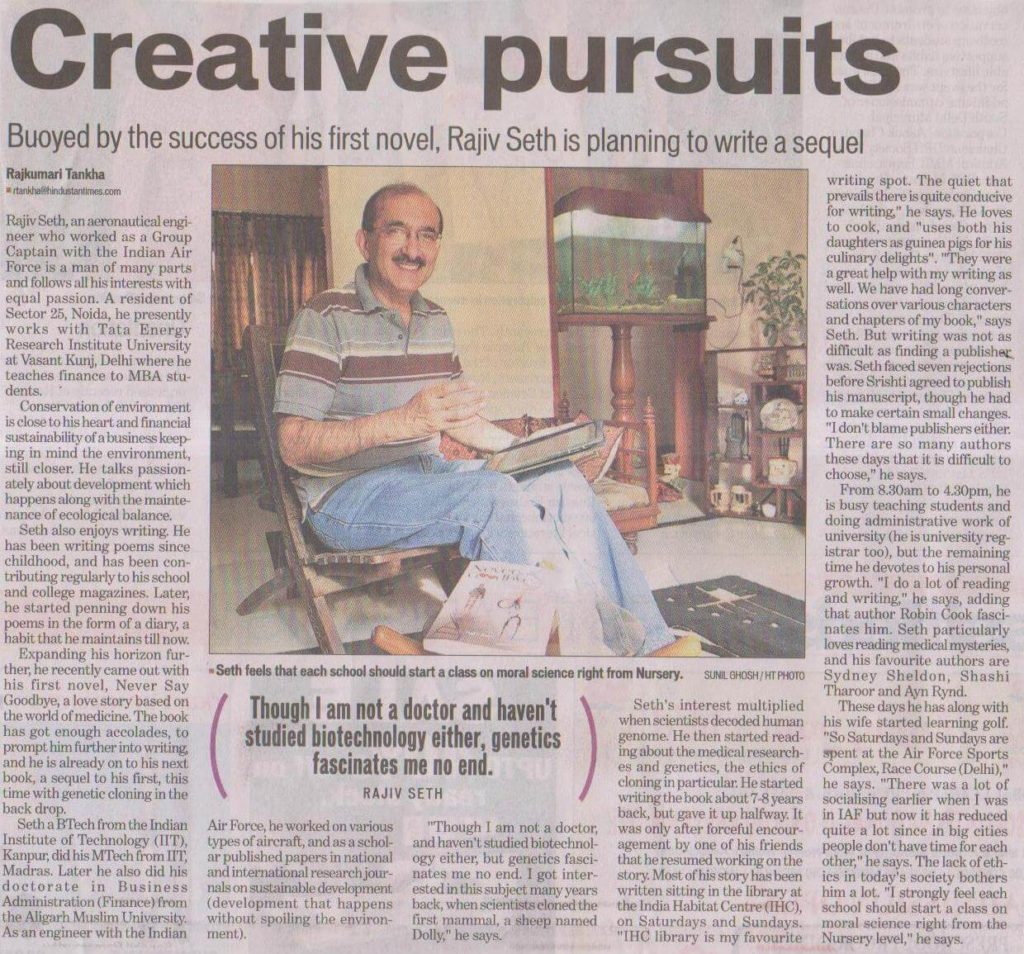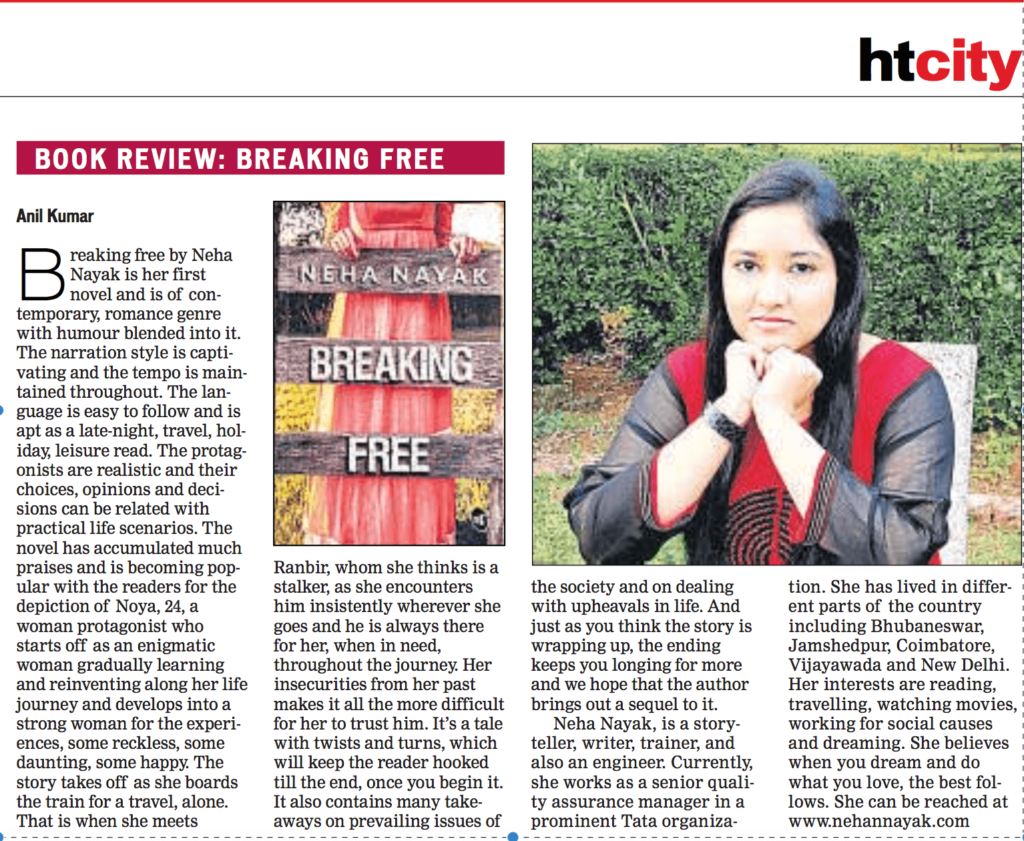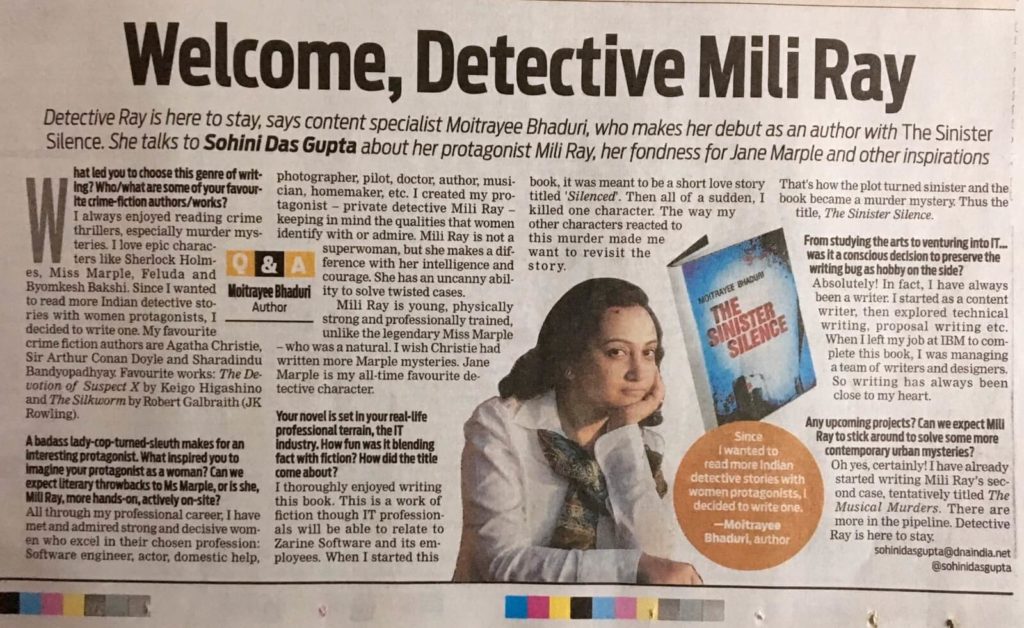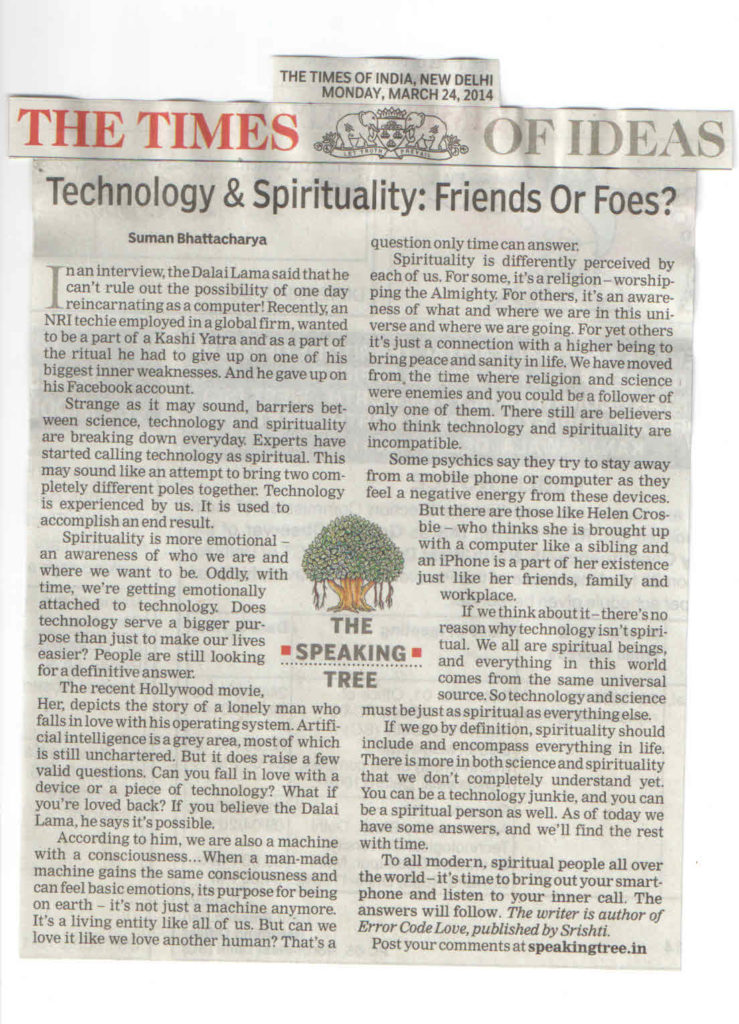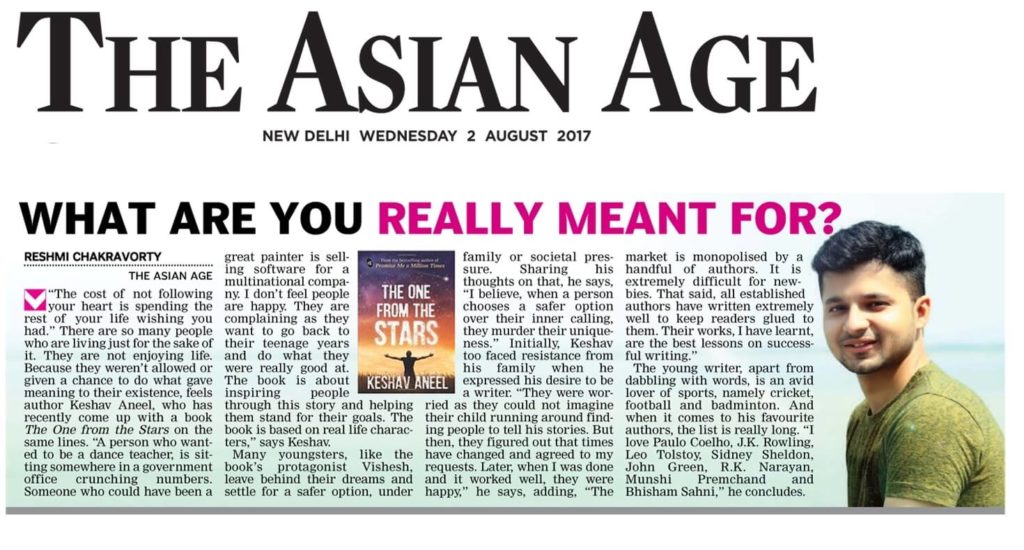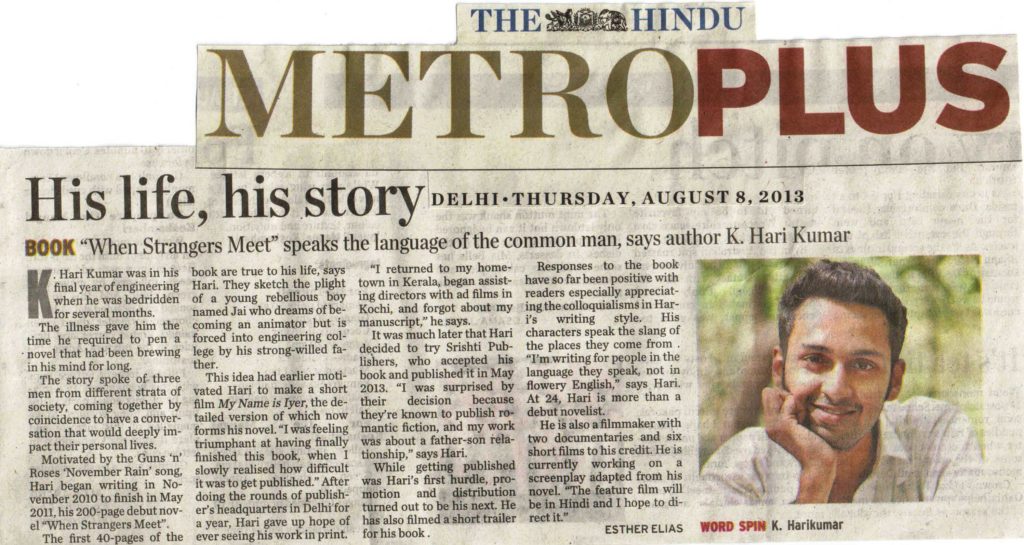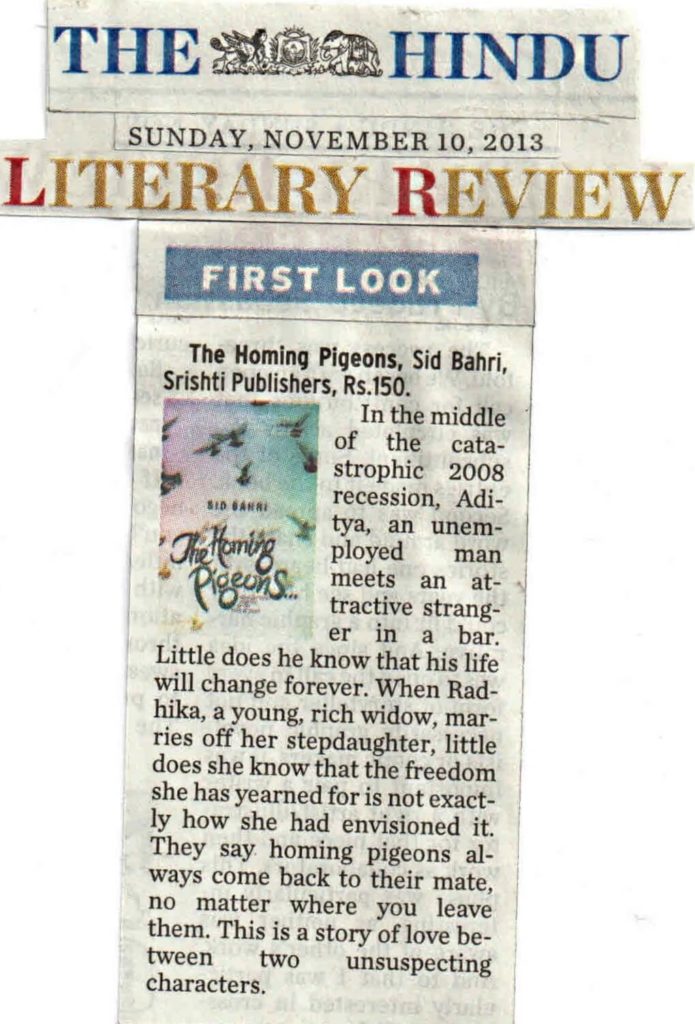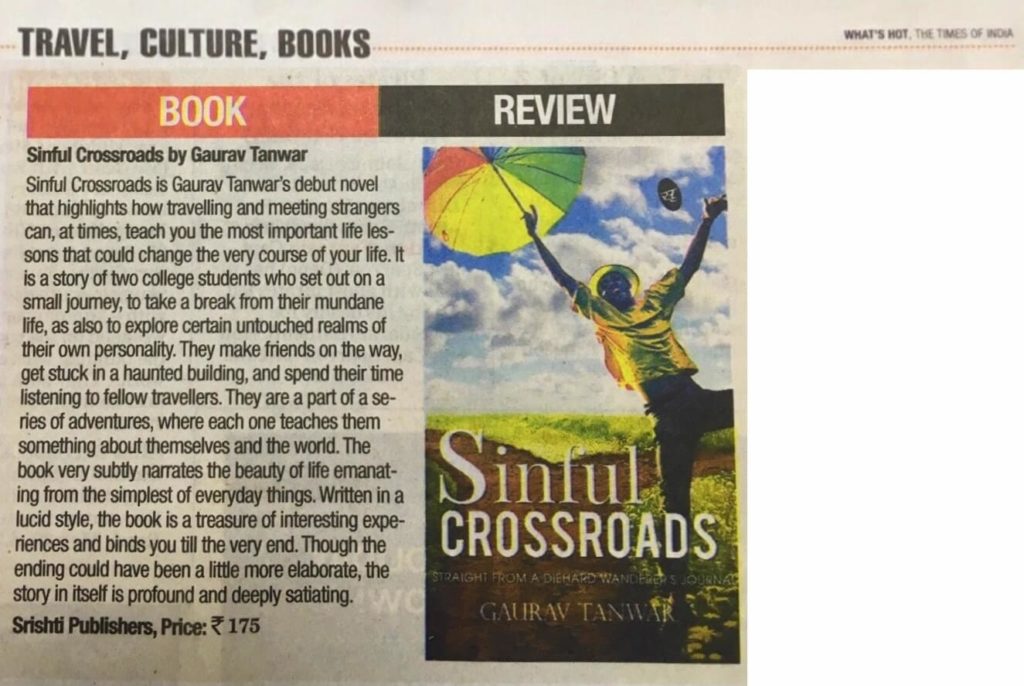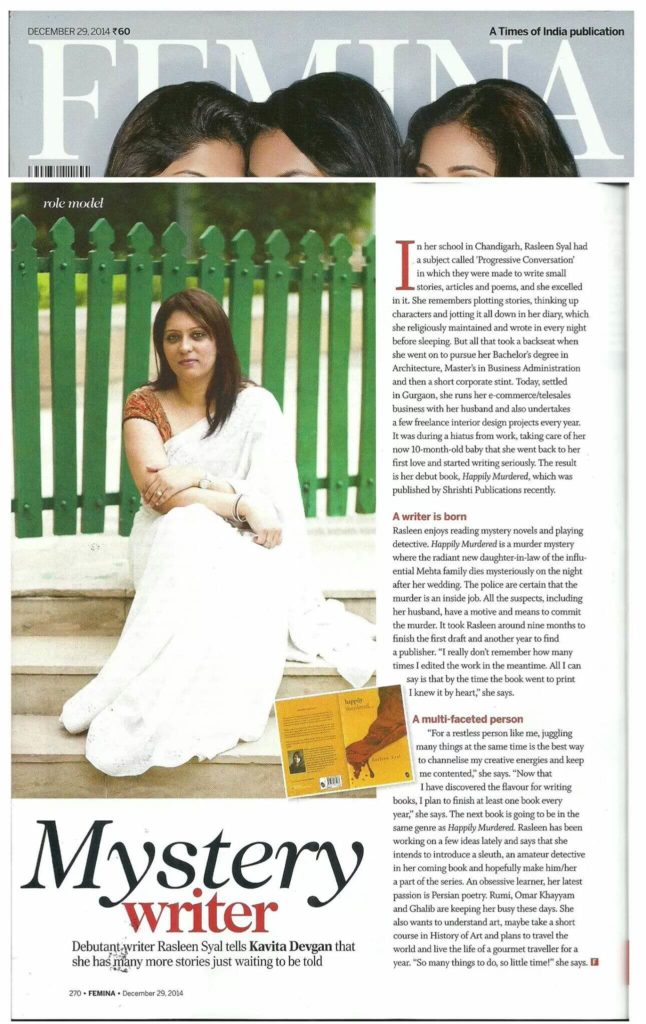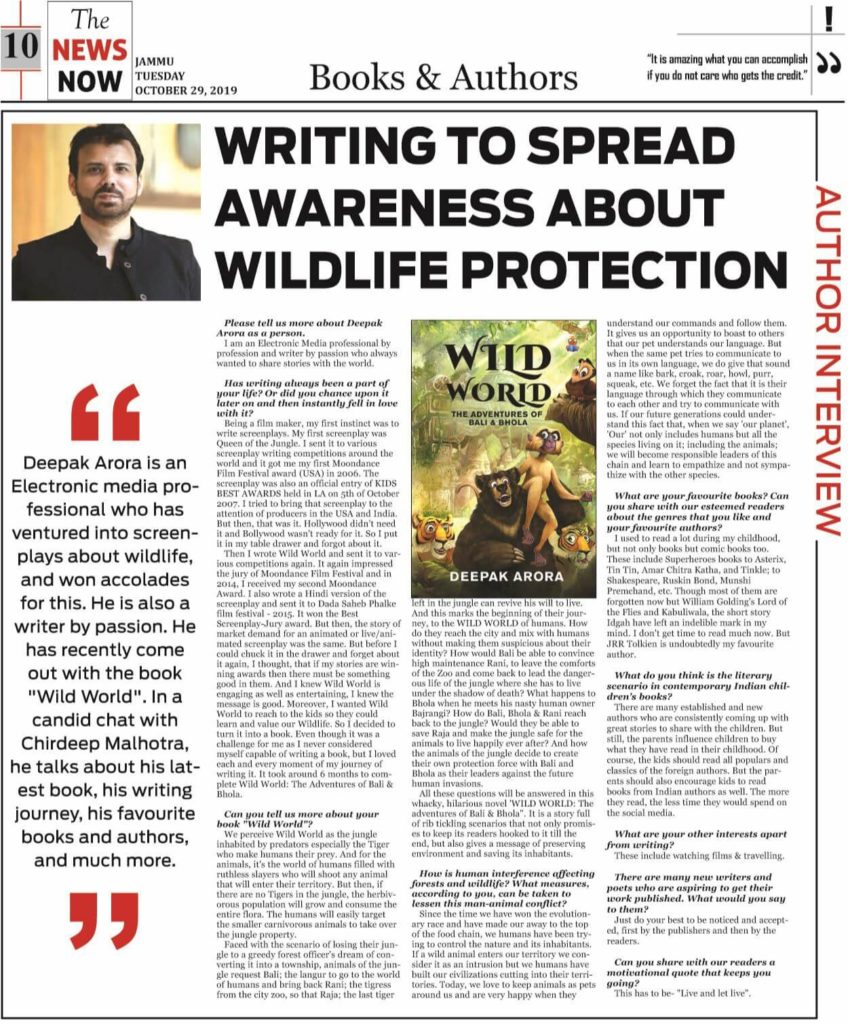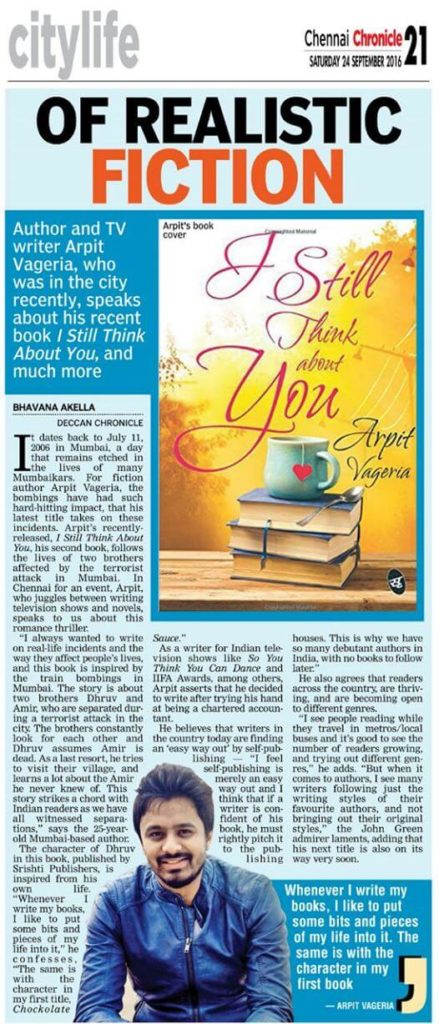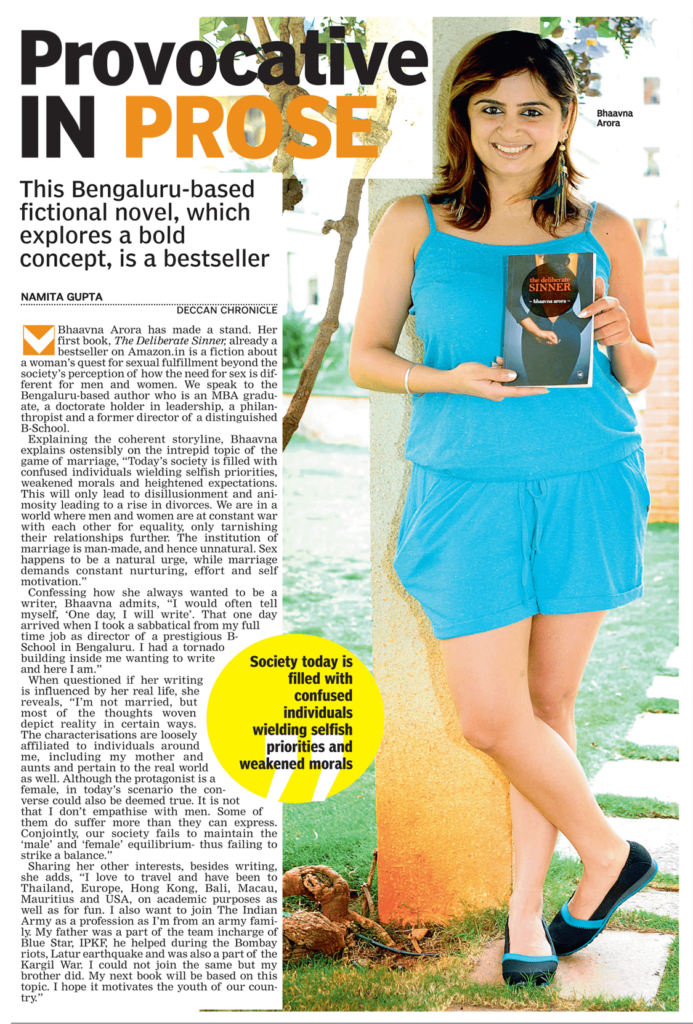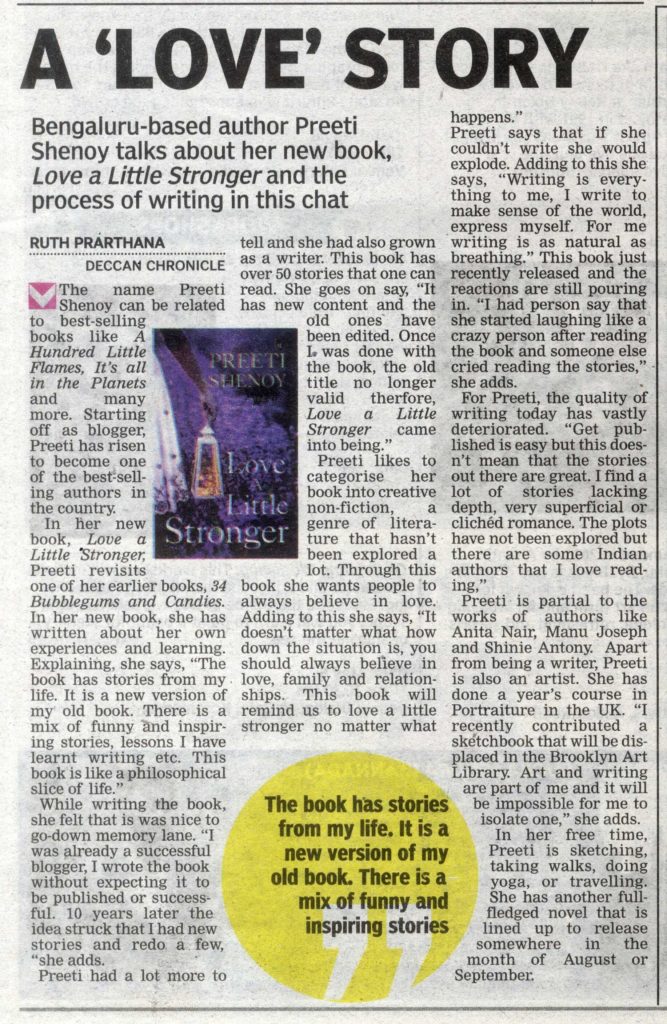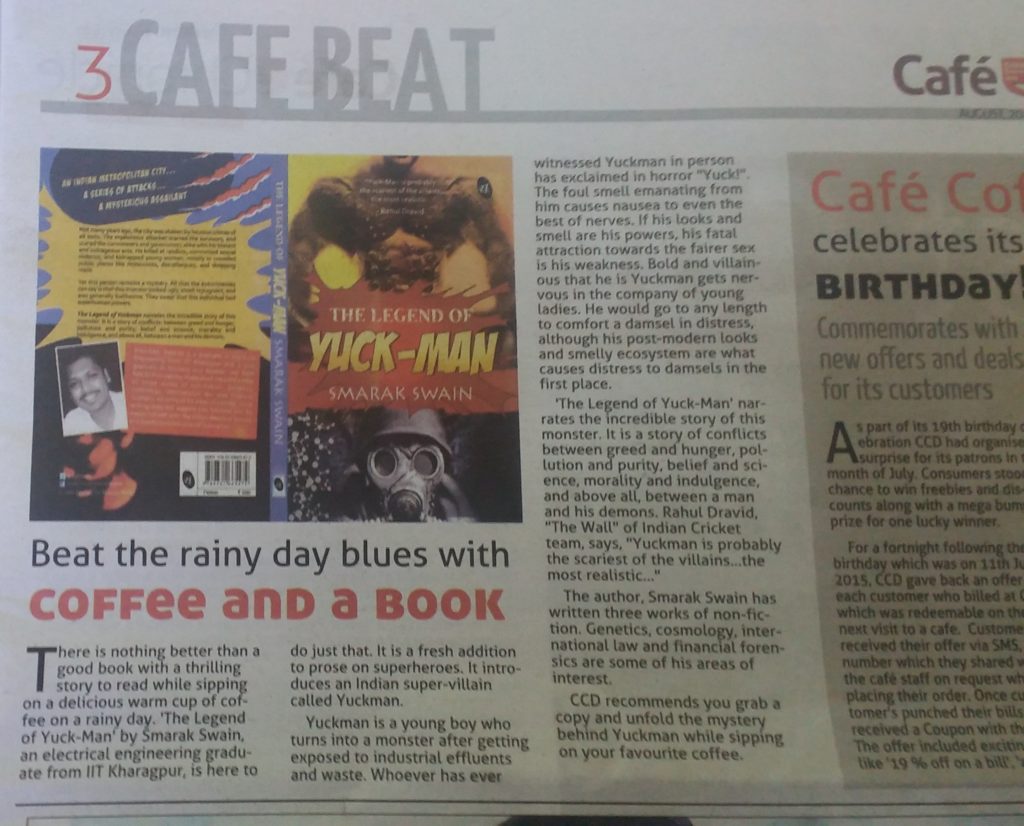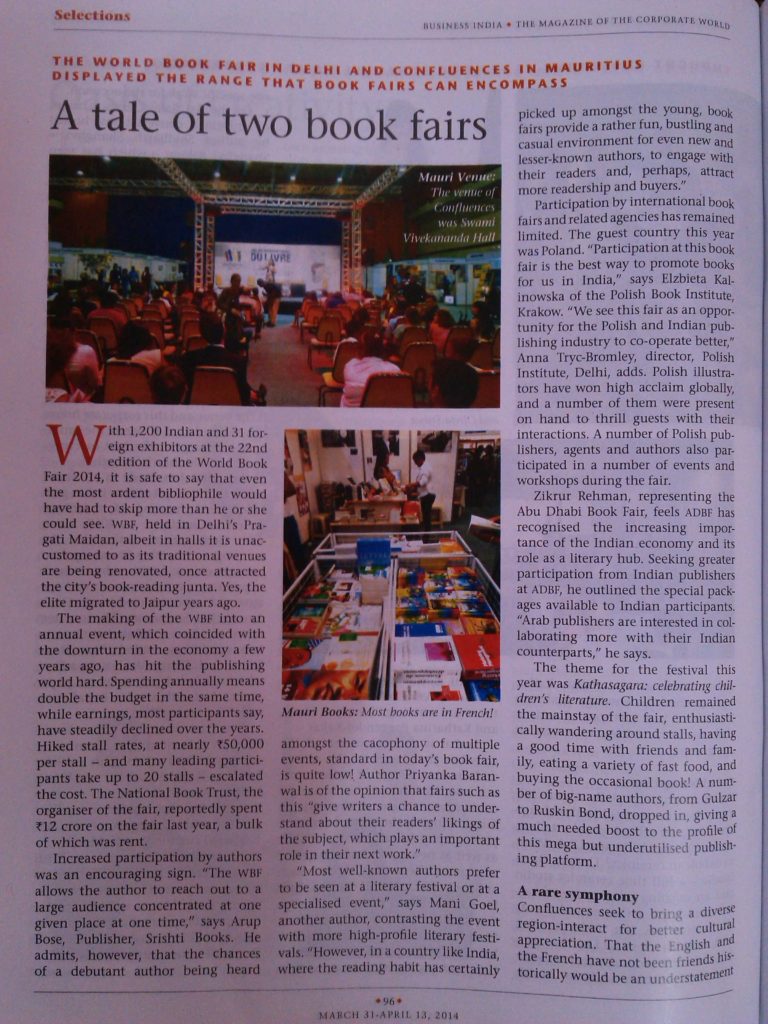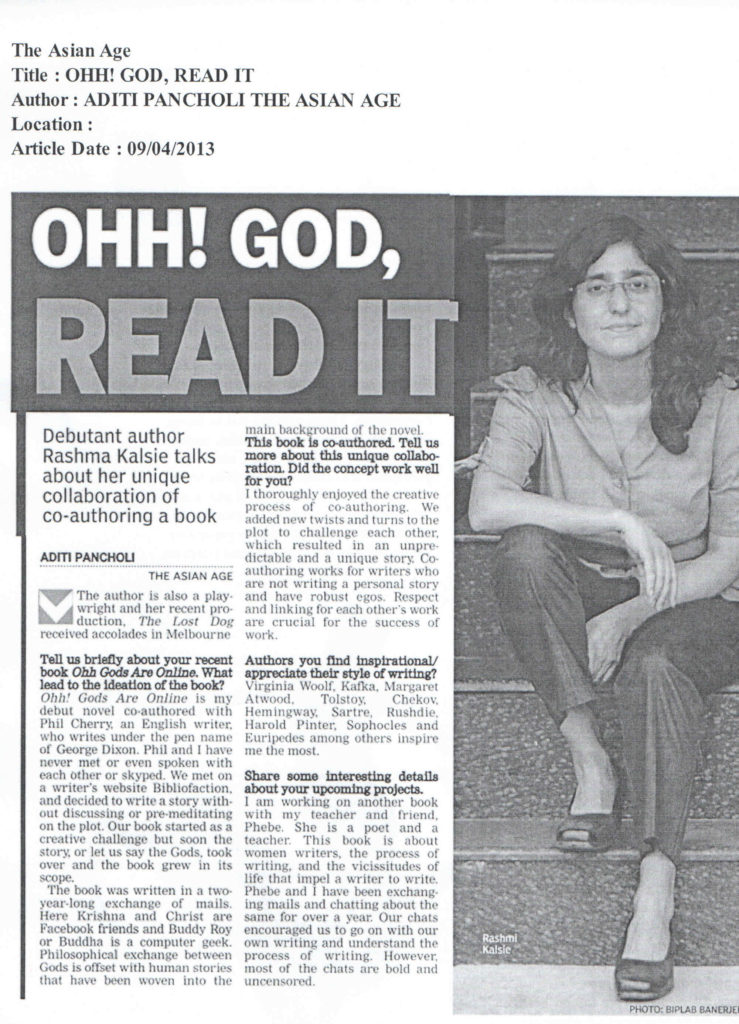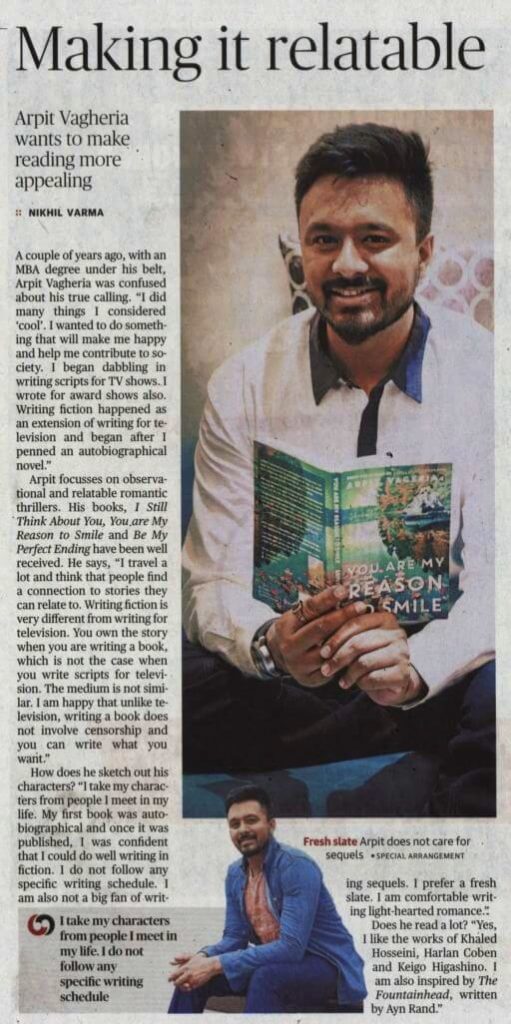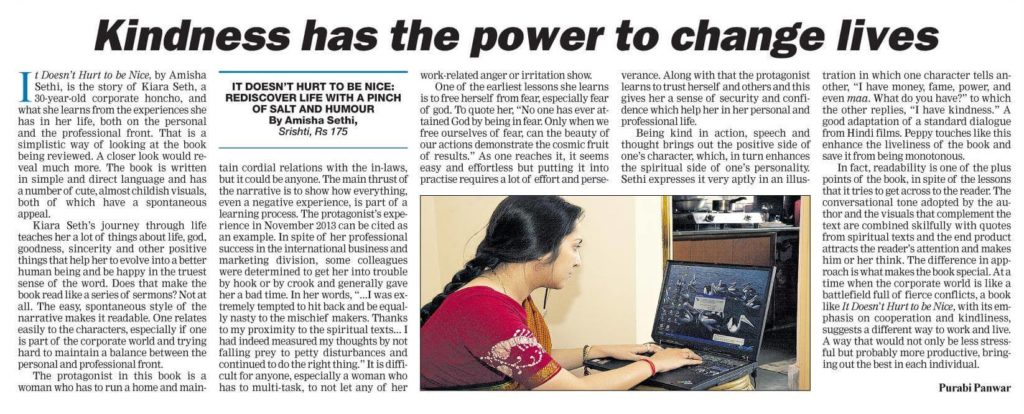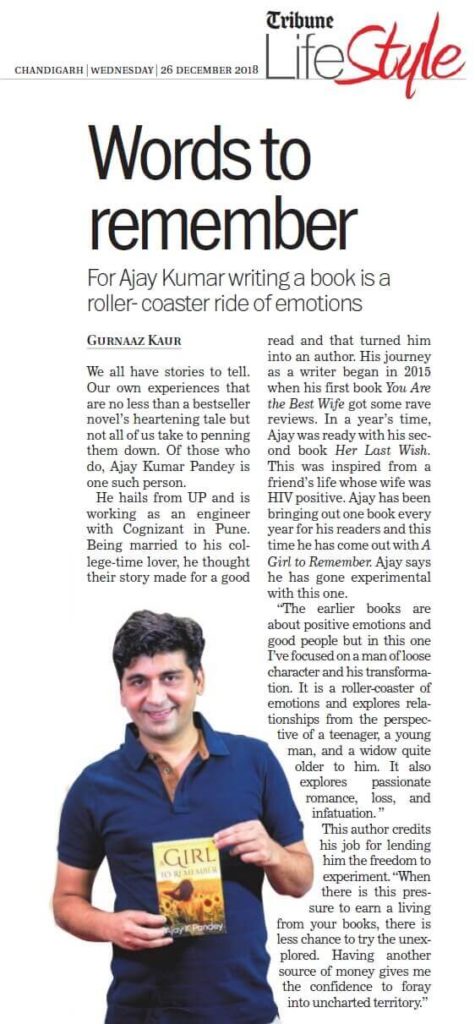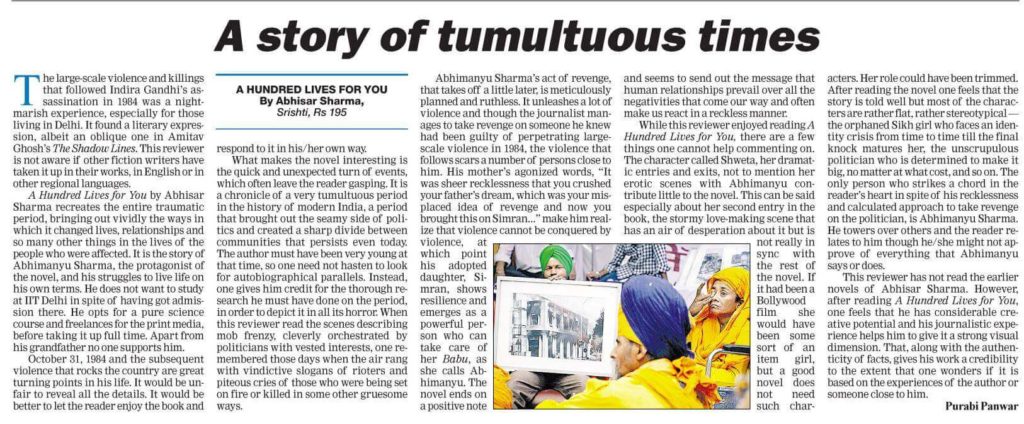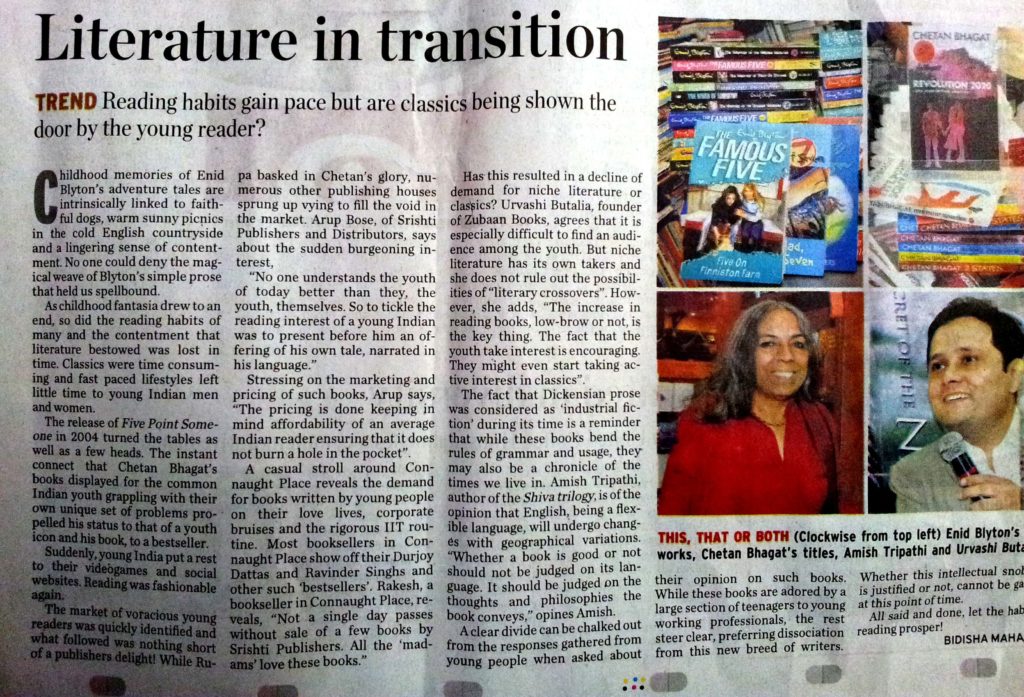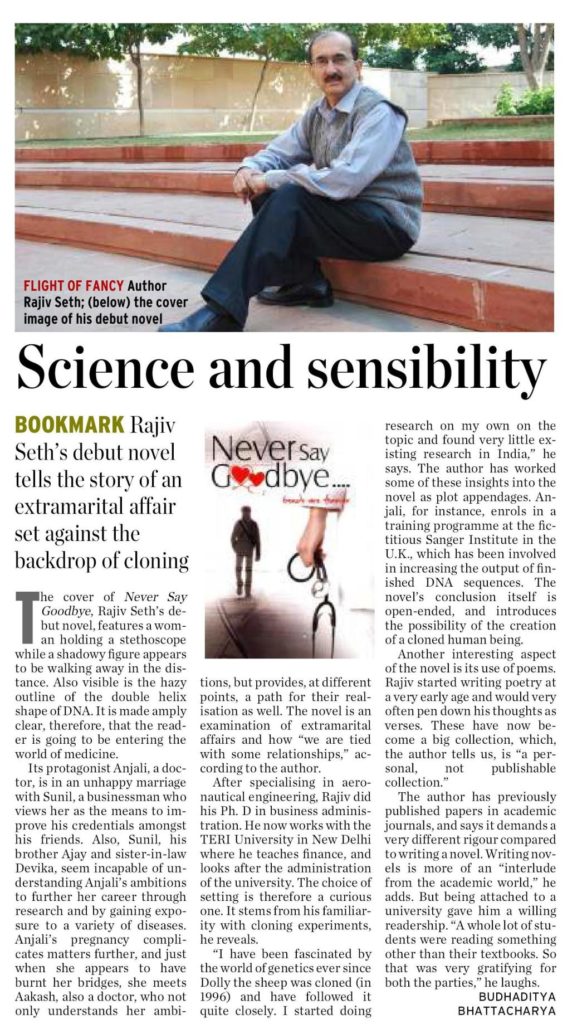Description
Rabindranath Tagore (1861-1941) was aware of the potentially volatile content of Char Adhyay, his last and thirteenth novel, written when was seventy two. Who is a real patriot? Is liberation to be achieved by rhetorical slogans, ascetic militarism, conformity and ruthless external discipline? How can one be true to one’s self in the making of a nation? Questions that make this tragic story of two lovers central to our times. In his ‘Kaifiat’ (Response), published after the hostile reception to the novel, Tagore reiterates that the real movement in the text is towards a summation of the passion of the lovers. Its consummation, we sense, is in resonant death. Char Adhyay is a writer’s search for a language and form that will bear or carry across, as in ‘translate’, the burden of his own times, the realization of selfhood in the vortex of violence and the aspirations of freedom for a people oppressed from within and without. The only existing English translation (edited ruthlessly for a foreign readership) was serialised in 1936 and came out as a book as late as 1950. This is the first complete translation of the Bangla novel. It is accompanied by translations of the ‘Abhash’ (pre-text), which Tagore had subsequently deleted from the Bangla original, and of his ‘Kafiat’ (Response). The Afterword by Rimli Bhattacharya relates the controversial history of the novel and draws the reader’s attention to the poetry in Four Chapters.

